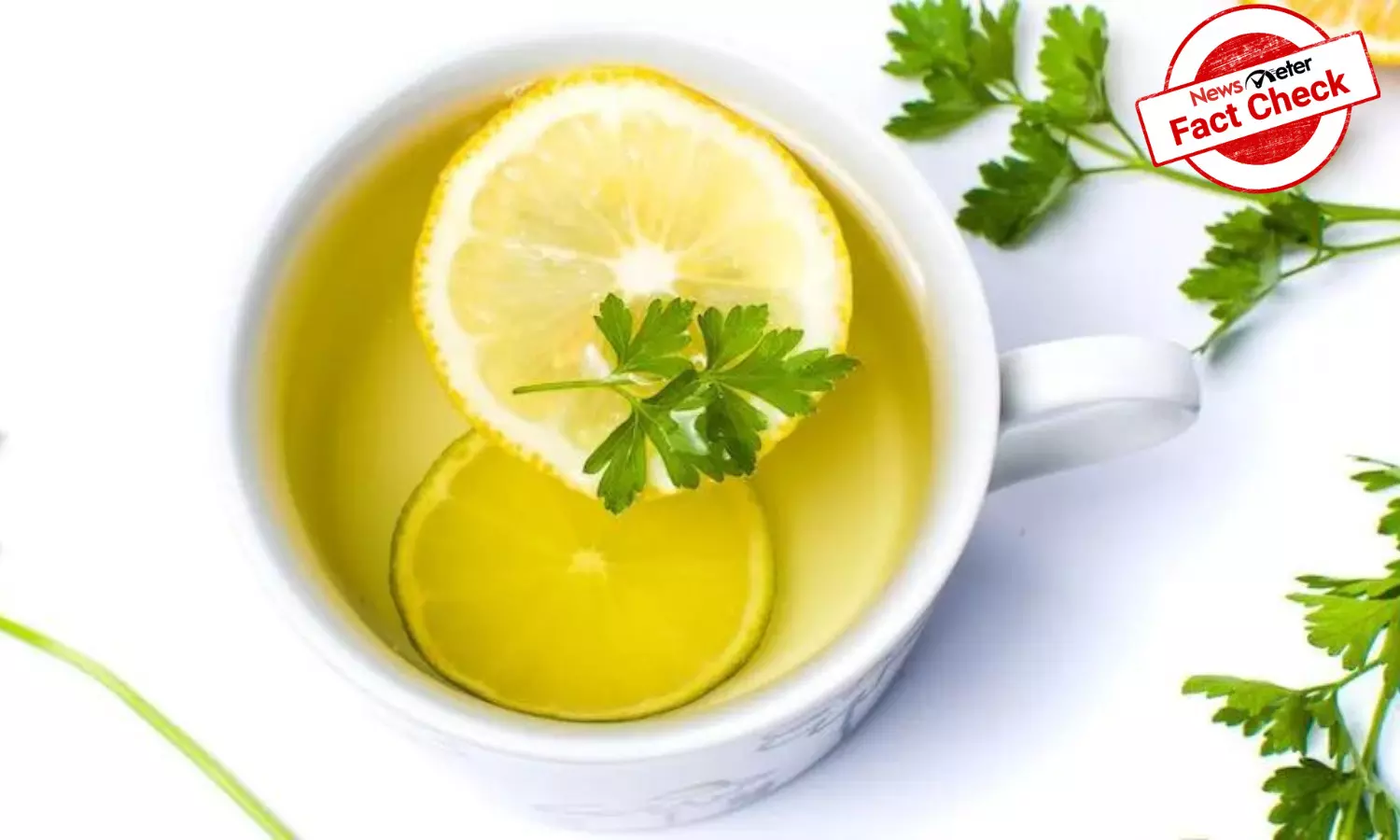Social media users are sharing an Instagram video that claims that the kidneys can be cleansed by consuming water boiled with parsley leaves and lemon juice. The mixture has to be taken four times a day and once or twice a week to achieve a ‘clean’ kidney.
Fact Check:
Newsmeter found the claim to be misleading.
Dr Santhosh Kumar, senior consultant nephrologist and transplant physician, Kamineni Hospitals, LD Nagar, Hyderabad said, “Drinking sufficient water, that too in a tropical country like India is sufficient enough to maintain a healthy kidney. There is no need to add any herbs or juice along with water for this purpose”.
Kidneys filter blood and remove toxins and wastes while retaining essential substances in the blood. They also generate sufficient urine to expel the waste materials in the body.
“Our kidneys can purify almost 120 liters of blood per day. They excrete a lot of impurities through urine while doing this process. When the water intake reduces, the impurities in the urine become concentrated, thus increasing the probabilities of the formation of stone”, Dr Santhosh Kumar added.
Around 70 to 80% of the stone formation is a result of low intake of water, especially in India where dehydration is very high due to excessive sweating. Apart from low intake of water, and increasing the possibility of stone formation, there are other reasons for stone formation.
A genetic condition called Cystinuria, causes cystine (oxidised derivative of the amino acid cysteine) to leak into the urine resulting in stone formation. The cystine is not easily solvable in water. Cystinuria is considered to be the reason for kidney or renal stones in 7 out of 10 children and 1 in 10 adults.
“Stone formation in kidneys can happen when the salt intake is high consistently. Regular intake of calcium tablets and leafy vegetables can also increase the possibility of stone formation. The oxalates are not easily dissolvable in water. Similarly, higher protein intake can result in uric acid formation, which again is not easily dissolvable in water”, Dr Santhosh Kumar.
